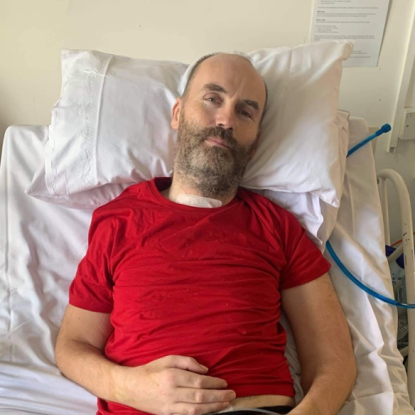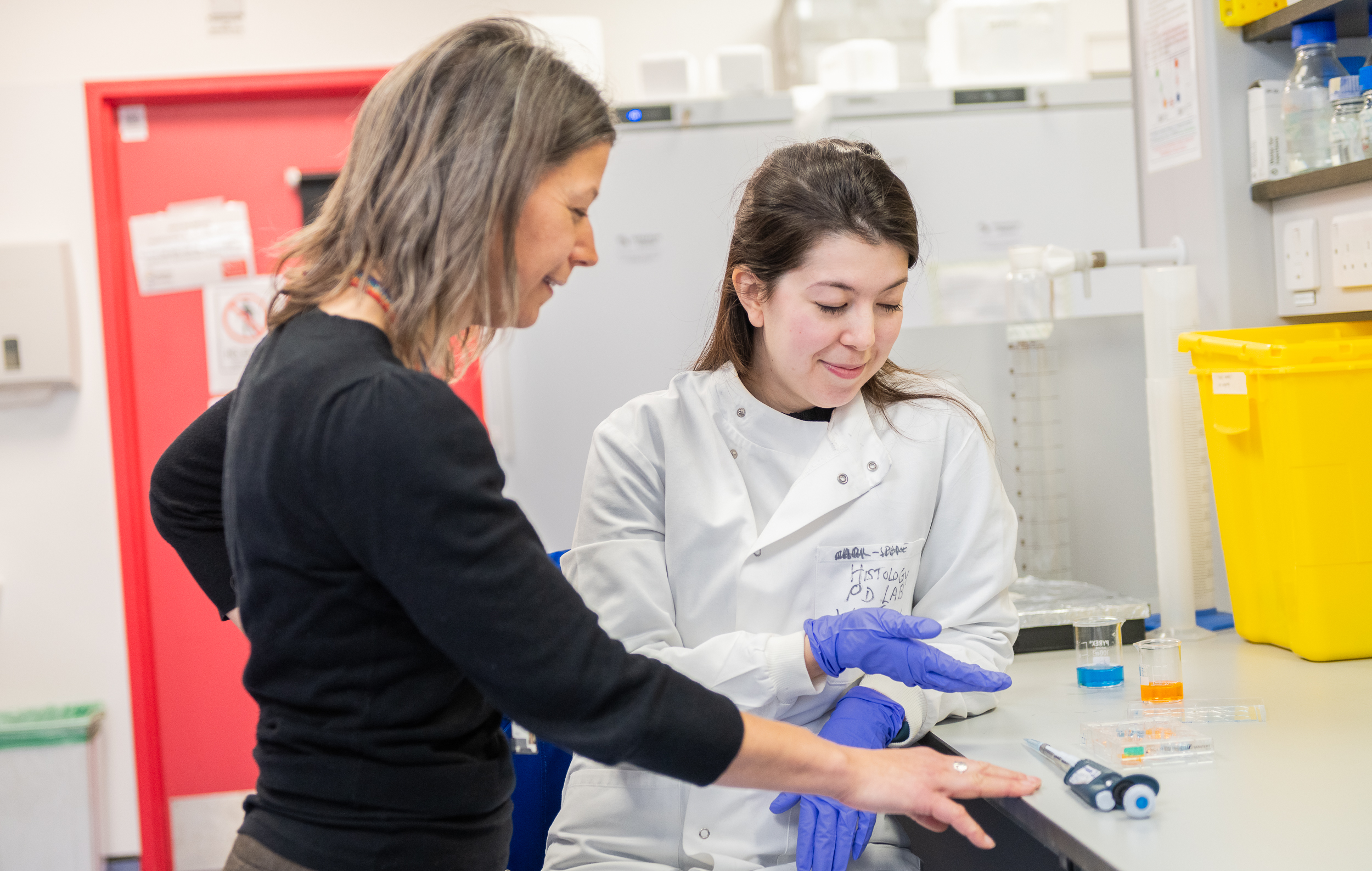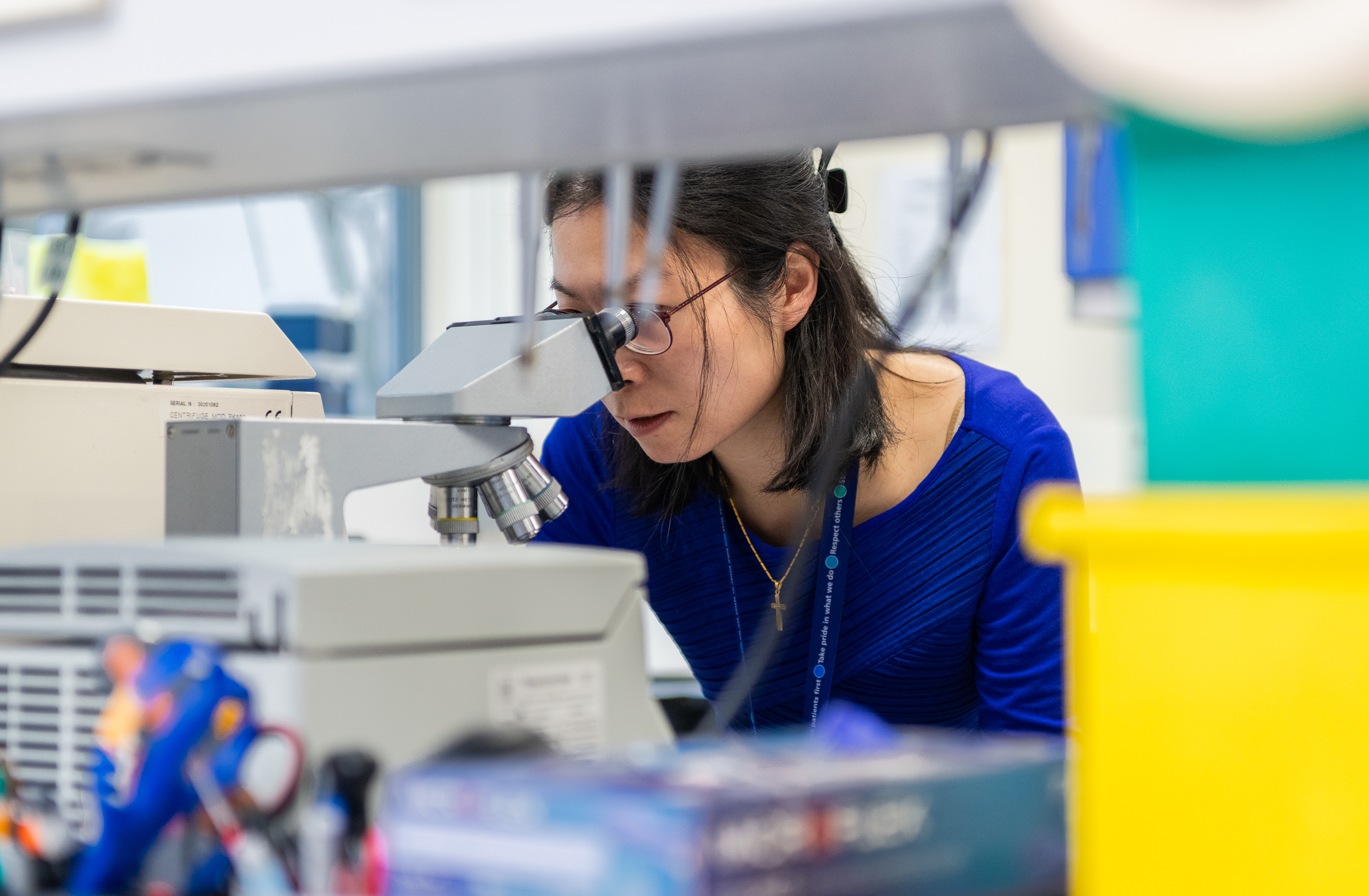Michael’s injury happened on May 8th, 2008. He was in his first year at university having a barbecue outside with friends, when his back started to ache. It became so uncomfortable that he went inside to go and lie down, but as he was walking his legs began to feel very weak, as though wading through water. He lay on the floor for a moment to try and alleviate the discomfort but when he tried to stand back up, his legs didn’t respond. He dragged himself to the end of the corridor and waited until a friend spotted him and called an ambulance, which then took him to Leeds General Infirmary. Once there, the doctors were unsure of the cause of injury and through process of elimination, inconclusively diagnosed the injury as a T9-T11 spinal infarction.
Over the three months spent in hospital, Michael struggled to adapt mentally and physically. The staff, while mostly wonderful and hard-working people, were extremely understaffed, over-worked, and lacked the relevant training required to look after an SCI patient. Alongside the physical and psychological issues, this made the experience in Leeds incredibly difficult for Michael. He was subsequently transferred to Salisbury Spinal Rehabilitation Centre, which in contrast to Leeds, was exceptionally well run with a high level of expertise in caring for those with spinal injuries. Michael remained there for six months prior to moving home.
Michael’s Mum said: “Twelve years ago, my son – then only 18 – suddenly became paraplegic. Through process of elimination only, he was diagnosed as having had a spinal cord infarction, though tests showed no predisposition to blood clots. One of the spinal consultants at Salisbury spinal unit later said he was the only patient he could recall that had not been definitively diagnosed.”
“Shortly after Michael’s injury, someone commented to me that he had gone overnight from adolescence to old age. While this rather brutal comment might not be exactly accurate, it is true that the carefree spontaneity and easy possibilities of youth had been snatched cruelly away. The body was no longer a facilitator but a saboteur.”

"Any progress in research would be fantastic, but things like bowel and bladder control are often the most challenging and frustrating aspects of an SCI to manage."
Once Michael returned home, after some time adjusting to life in a chair, he started an illustration course at a nearby college. Unfortunately, due to pressure sores and other SCI-related issues, he was unable to complete it, so worked as a freelance illustrator from home. In 2015, Michael was increasingly frustrated with his situation and decided to take better control of his life by pursuing a science degree to improve his understanding of SCIs. As Michael lacked the relevant A-levels, he applied to do a science foundation year at the University of Sussex, a pre-requisite course for those without prior qualifications in science.
Unfortunately, in March of 2016 he did not get a place on the foundation course, so Michael contacted the University and asked what would be required to go directly on to the Neuroscience degree beginning that September. They gave him a conditional placement if he obtained a B or above in A level biology, which he managed after three intense months of self-teaching. Fast forward and Michael has just achieved a first-class master’s degree and is now applying for a PhD, with particular interest in axonal regeneration in chronic injuries, as well as stem cell therapy. He is also interested in the bioengineering side of research, such as developing scaffolds to direct neuronal growth, or the use of stimulators in the brain or spinal cord to bypass the site of injury.
On the benefits of research, Michael stated, “I’m extremely lucky not to require medication, but for those who do, better therapeutics for reducing spasms, pain and other issues would greatly improve quality of life. Additionally, a better understanding of the molecular environment surrounding the site of injury would improve clinical treatment for acute cases to mitigate long-term impairment, as well as to improve strategies for people with chronic SCI.”
“I would love to see development in improved bowel, bladder and sexual function, as these would have a huge influence on quality of life for people with SCI. Regaining motor function, while optimistic, is the ultimate goal of spinal cord research. Although the injured spinal cord is an extremely complex and variable phenomenon, studies have shown that regaining motor function is not an impossibility and something exciting to work towards.”
Discover more

Community stories
Read more stories of people with a spinal cord injury and the hope they have that, one day, research will help them.
Our Research
Research facilities around the world are developing a range of cutting-edge treatment pathways, some now in clinical trial.
